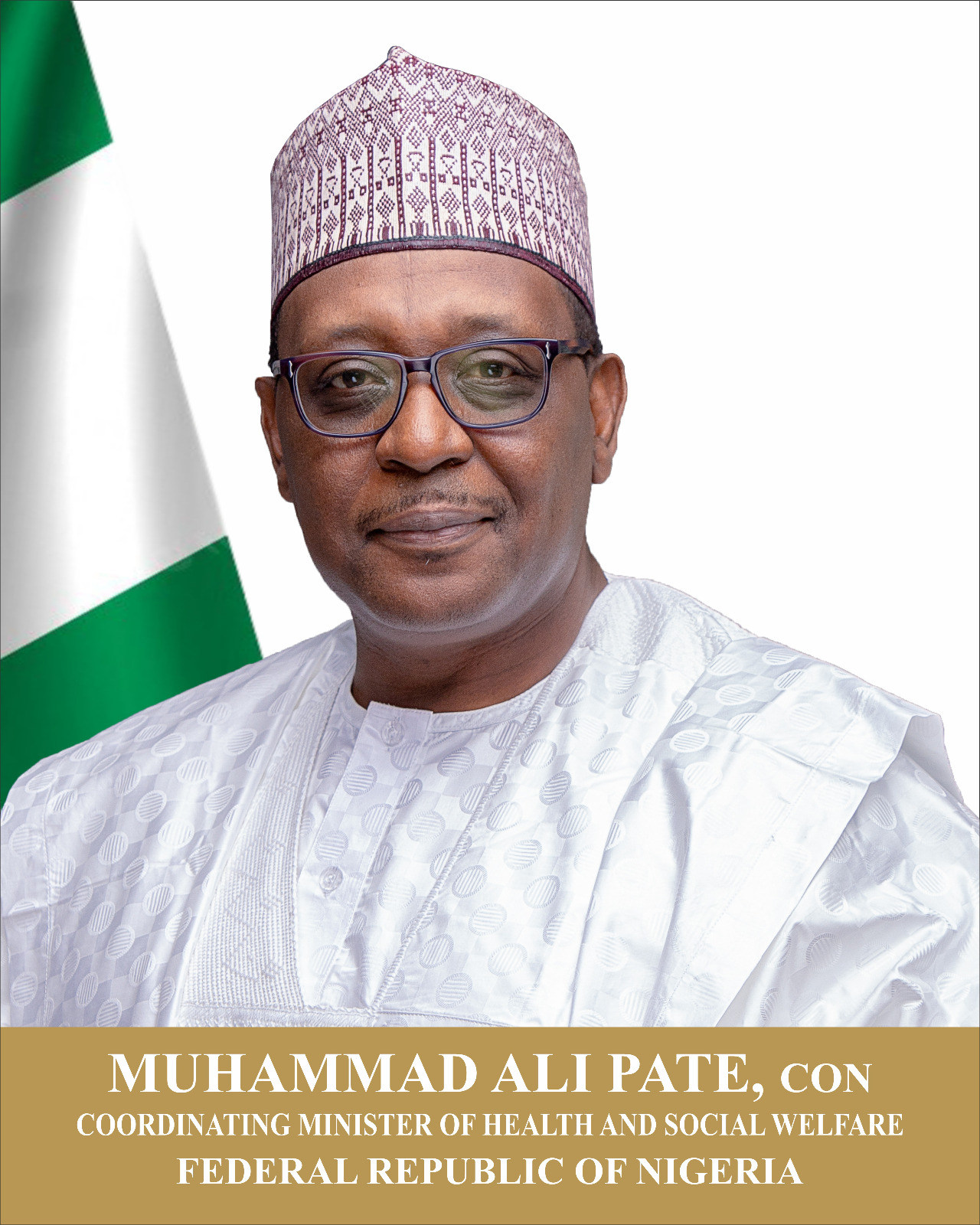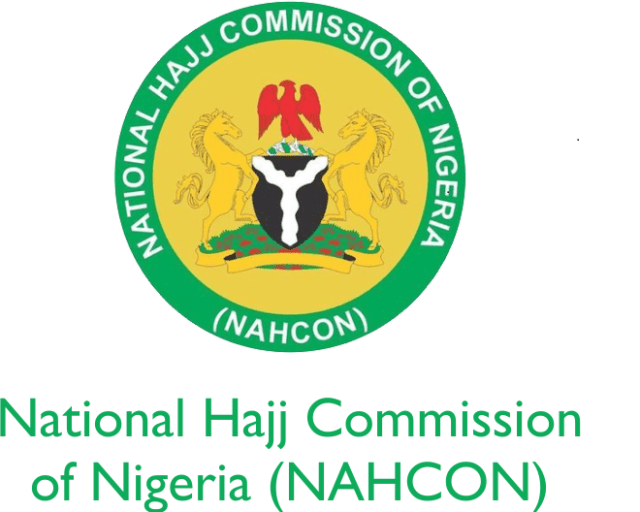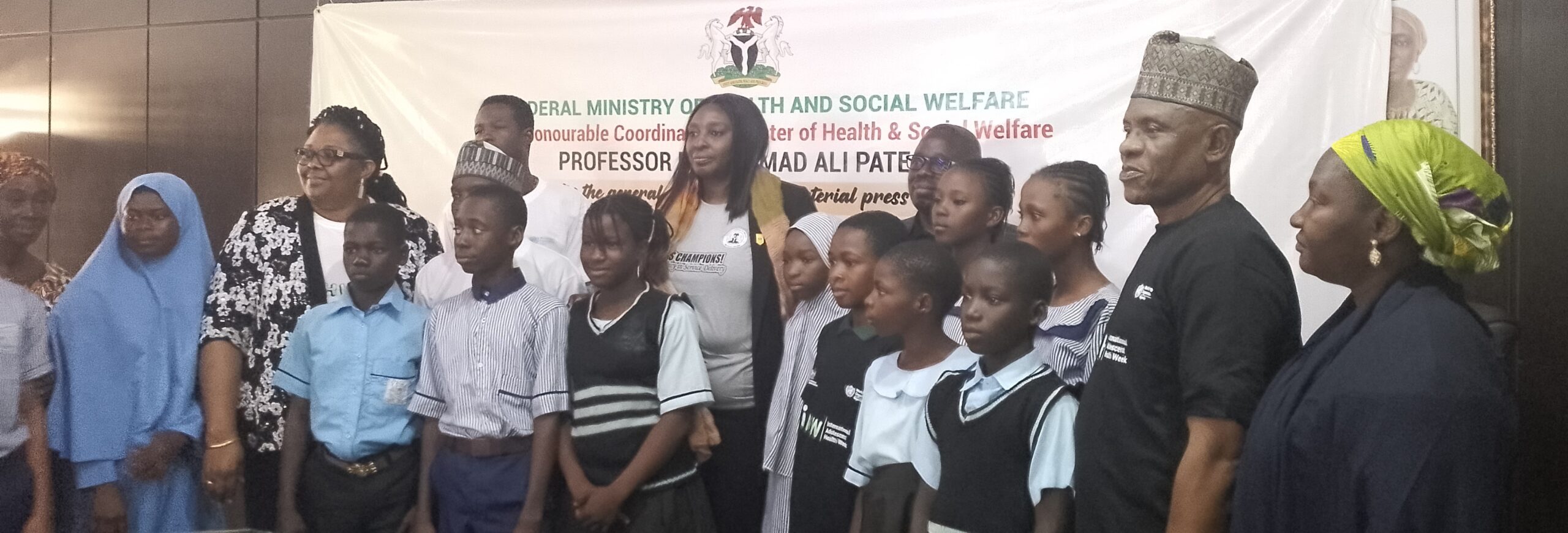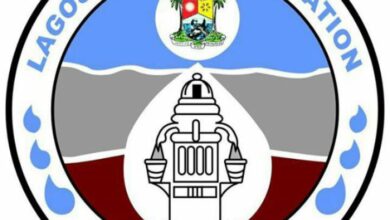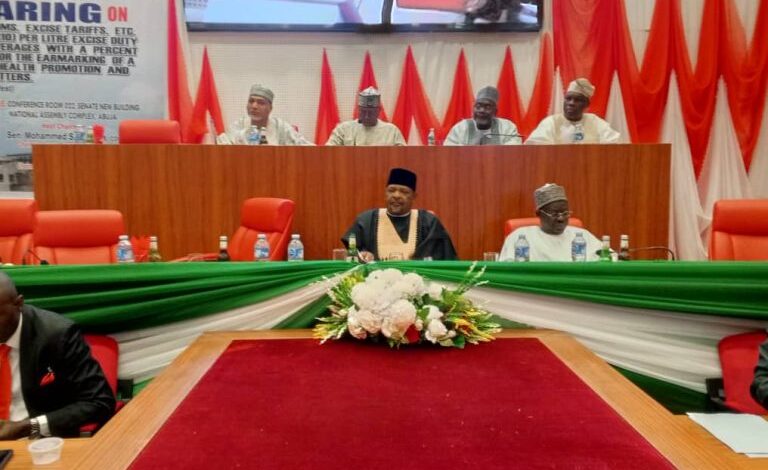
The Senate’s move to raise excise duty on carbonated sugar-sweetened beverages (SSBs) sparked sharp disagreement on Thursday as key players in the Health, Finance and Manufacturing sectors clashed over the proposed amendment to the existing tax law.
At a public hearing convened by the Senate Committees on Finance and Customs to consider a percentage-based excise levy per litre of SSBs, stakeholders were deeply divided—some strongly supporting the plan as a public health necessity, while others warned it could harm businesses and worsen unemployment.
Chaired by Senator Sani Musa (Niger East), the session drew intense debate. The Coordinating Minister of Health and Social Welfare, Professor Muhammad Ali Pate, declared full support for the bill, describing it as a progressive, evidence-based mechanism to strengthen public health financing.
He said increasing the SSB tax and allocating part of the revenue to health promotion would align fiscal policy with Nigeria’s public health goals and help fund prevention programmes critical to achieving universal health coverage.
Professor Pate recommended raising the current ₦10 per litre tax to at least 20% of the retail price in line with World Health Organization guidelines, with at least 40% of revenue dedicated to programmes tackling diet-related non-communicable diseases. He warned that ignoring the rising consumption of sugary drinks would lead to a far heavier national burden of diabetes, hypertension and related complications in the next decade.
Public health groups, including the Nigeria Cancer Society and Diabetes Association of Nigeria, echoed the Health Ministry’s position. They argued that high consumption of sugar-sweetened beverages is a major driver of obesity, diabetes and fatty liver disease, and that the tax is both a health intervention and a revenue-generating tool.
But strong opposition came from the Manufacturers Association of Nigeria (MAN), the Ministry of Finance and the Nigeria Employers Consultative Association (NECA). Representing MAN, Mr. Adeyemi Folorunsho warned that the proposed tax could cause job losses across the manufacturing value chain, increase operational costs and further strain an already fragile economy.
He also disputed claims linking SSBs to increasing rates of diabetes and obesity, insisting that Nigeria’s sugar consumption—at 8.3 million kilograms—is among the lowest globally.
However, metabolic health expert Robert Kawori challenged that argument, stating that the risk lies not in total consumption figures but in the high concentration of sugar in SSBs, which provide calories without nutritional value.
He noted that a single can of soda contains about 32 grams of sugar—far above the daily recommended limit of 20 grams. Kawori also countered the Finance Ministry’s revenue fears, arguing that raising the tax could increase government earnings by up to 200%.
READ ALSO: CILT Nigeria Prioritises Legislative Recognition, Modernisation to Drive National Logistics Reform
Senate Confirms Omidiran As FCC Chairman, Approves 37 Commissioners For States, FCT
As more institutions, including Redeemers University, Nigeria Health Watch, the National SSB Tax Foundation and the Presidential Fiscal and Tax Reform Committee, made their brief presentations, the committees urged all stakeholders to submit detailed memoranda for further legislative review.
The Senate is expected to deliberate on the conflicting positions before taking a final decision on a policy that could reshape Nigeria’s public health trajectory and the future of the beverage manufacturing industry.

